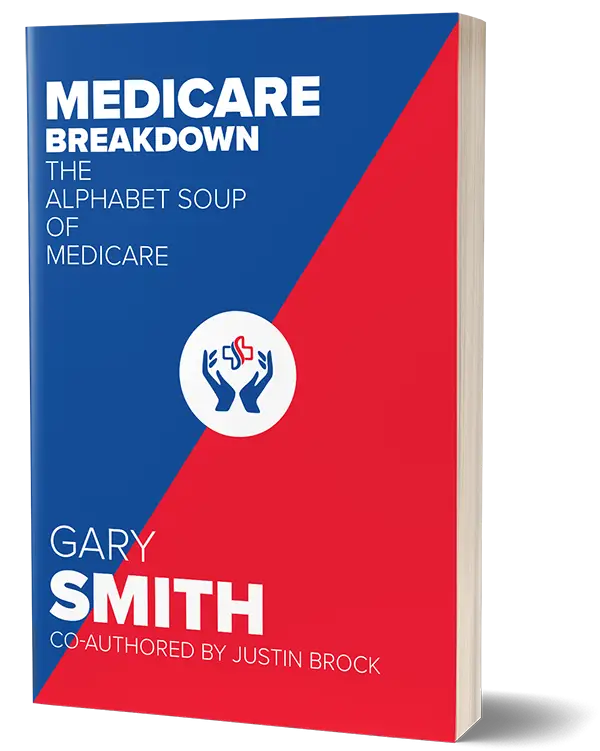Probably the last thing a young couple is thinking about as they stand at the alter is Medicare. Hopefully they’ll be fortunate enough to have sailed through the years leading up to retiring together. We’re going to talk about things you need to consider as a married couple. But we’d also like to include a bit about when a marriage ends in divorce or a spouse has died, because life happens.
Here are some things you need to consider depending on your marital status:
If you are married
First, be aware that you and your partner’s Medicare coverage may not start at the same time. There is no “family plan” in Medicare. Each person must enroll in Medicare when they become eligible to enroll. For most people, they are first eligible for Medicare the age of 65.
Health care cost for your spouse: This is the next major concern. Do not just up and retire without talking to my office. For example, for a person 63 years of age, health insurance will cost between $800 and $1,800/month. If you take COBRA, make sure you COBRA does not run out before your spouse turns 65. You cannot buy Health insurance past 64 and half years of age.
Medicare Part A is free for most people. If you have been working and paying payroll taxes for a total of ten years or more you will qualify to get your Medicare Part A for free. If you have not paid any payroll taxes or not paid in enough, then you will have to pay for Medicare Part A. It is only FREE if you have enough work credits (i.e. 10 years’ worth).
Qualifying for Medicare using your spouse’s work credits: It may be possible for qualify for Medicare using your spouses work history. This could be your current spouse, a divorced spouse or even a deceased spouse. Do not overlook these options before you pay for Medicare Part A.
Paying for Medicare: what you need to know.
- Medicare Part A, hospital coverage: Part A has no monthly cost for most people who worked for 10 plus years and paid Medicare taxes. If you worked between 7.5 and 10 years, your part A cost will be reduced. If you worked fewer than 7.5 years, you will pay the full cost for Part A. Now let me define the term WORK with regards to Medicare Part A. For your work credit to qualify, you must have paid Medicare taxes.
- For Medicare Part B, outpatient medical coverage: The part B premium is based on how much you make per the IRS. The standard premium or base rate. To qualify for the standard premium in 2023, you must make $97,000 or less as an individual filer and $194,000 or less as a joint filer. If you make more, you will pay an income penalty.
What happens if you are divorced?
If you are divorced, but your marriage lasted 10 years or longer, you can receive benefits on your ex-spouse’s record (even if they have remarried); if you are unmarried; you are age 62 or older; your ex-spouse is entitled to Social Security retirement or disability benefits; and your spouse paid Medicare taxes, then you can qualify to use their work credits (i.e. their work history or record).
Qualifying for Social Security does not guarantee you Medicare
A lot of articles you will read state Social Security as the qualifier. Please understand, social security is not the qualifier. Did you or your spouse pay Medicare taxes. These articles are assuming if you paid Social security taxes, you paid Medicare Taxes and in most situations that is the correct assumption. But it is not always the case.
You are widowed
If you have been married for nine months or more before your spouse passes away, you can qualify to use his or her social security benefit. Note: you cannot draw both. Draw the one that will pay you the most money.
Making decisions as a married couple, a divorced person, or as widow or widower can be daunting, no matter what your marital status is, and we get that! Before you get frustrated, give us a call. We are here to help.
That’s why we put the CARE in Medicare
MEDICARE BREAKDOWN













